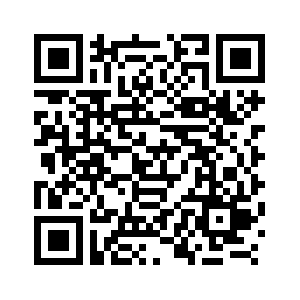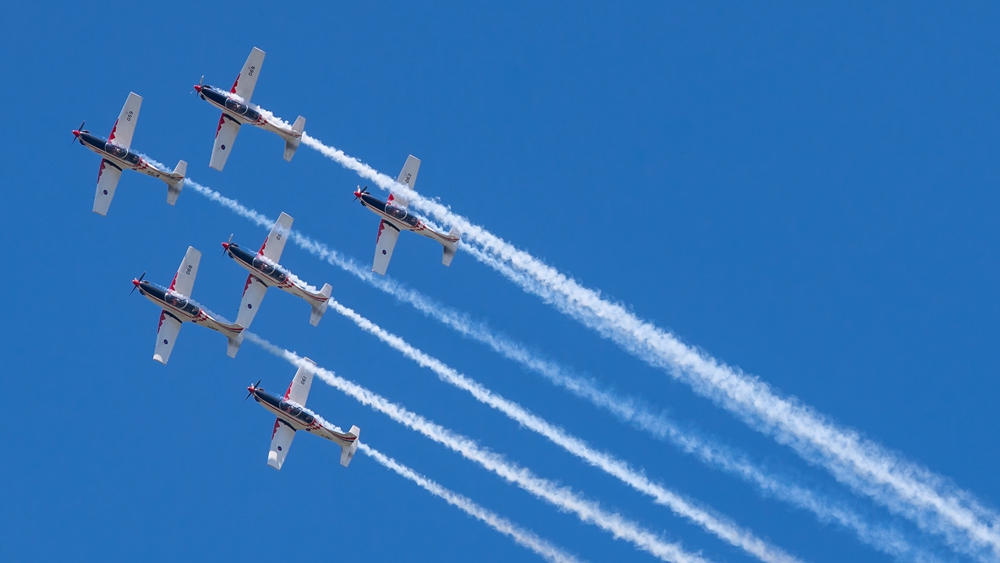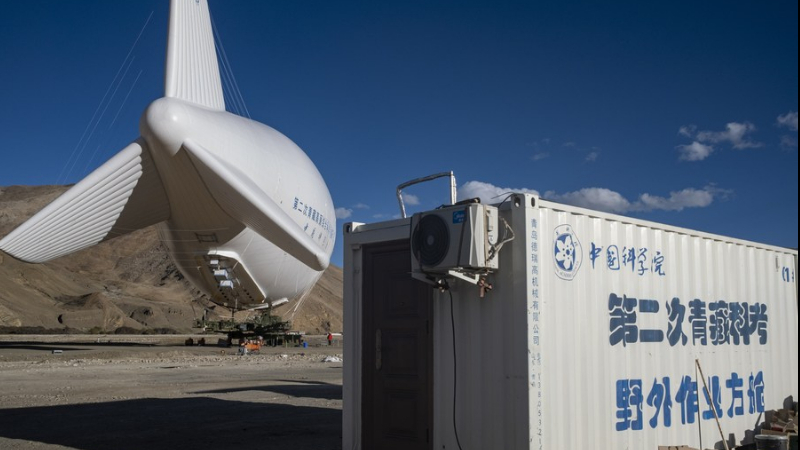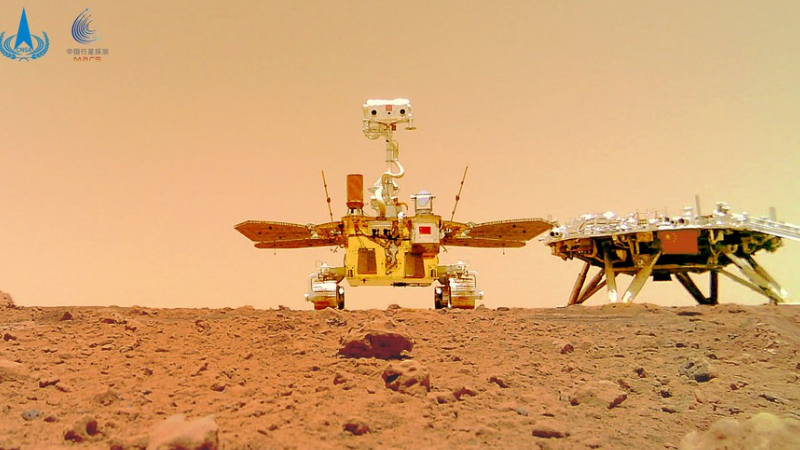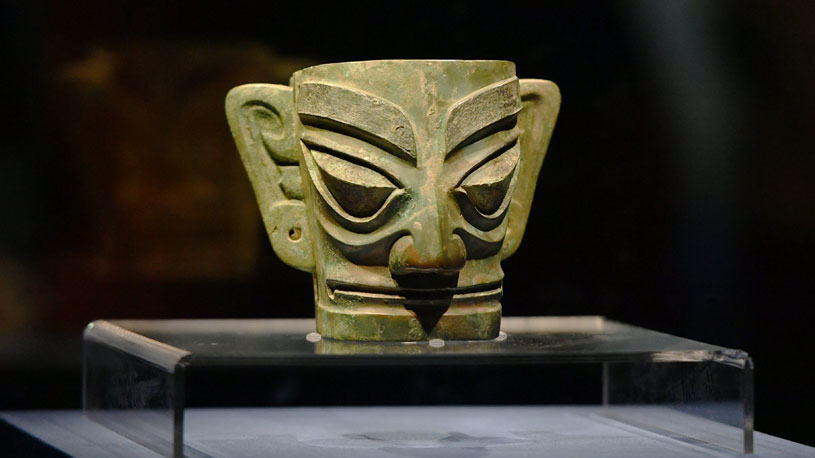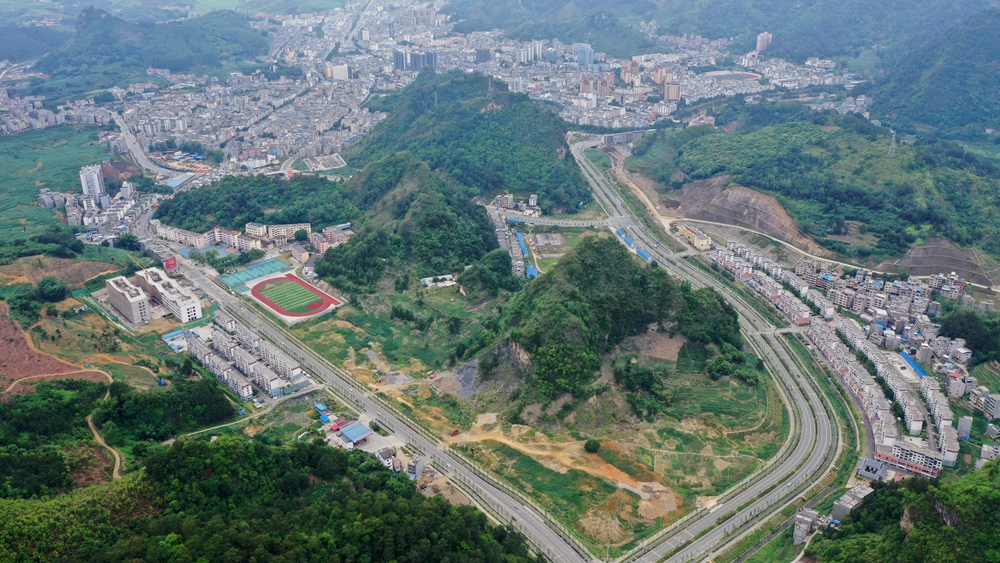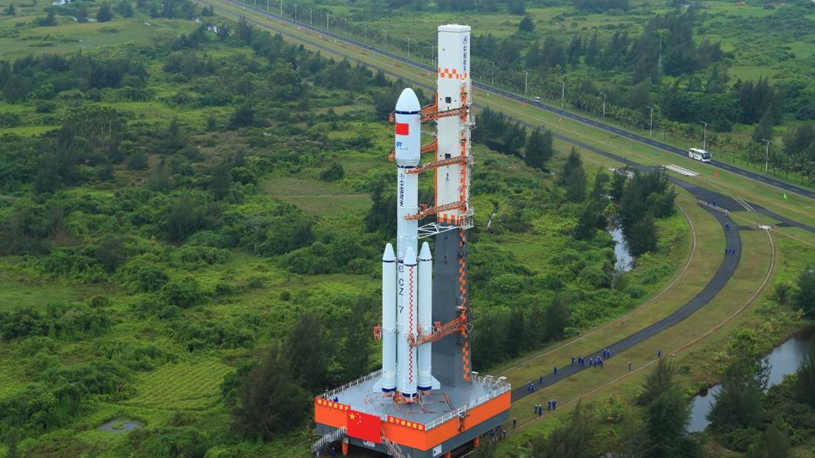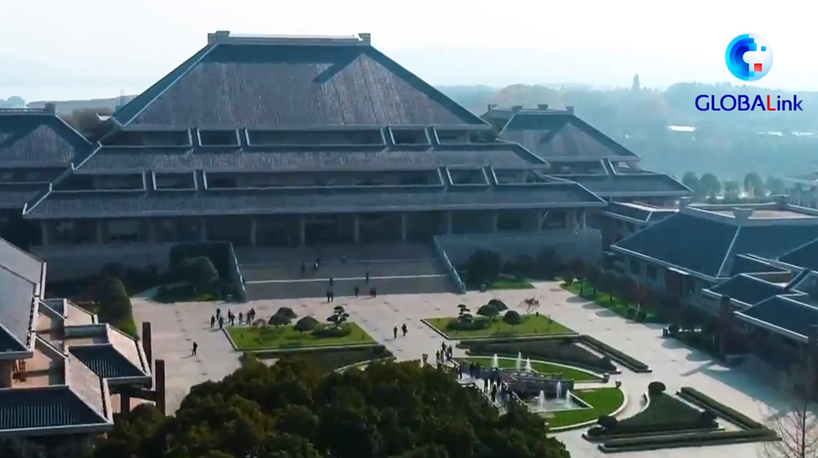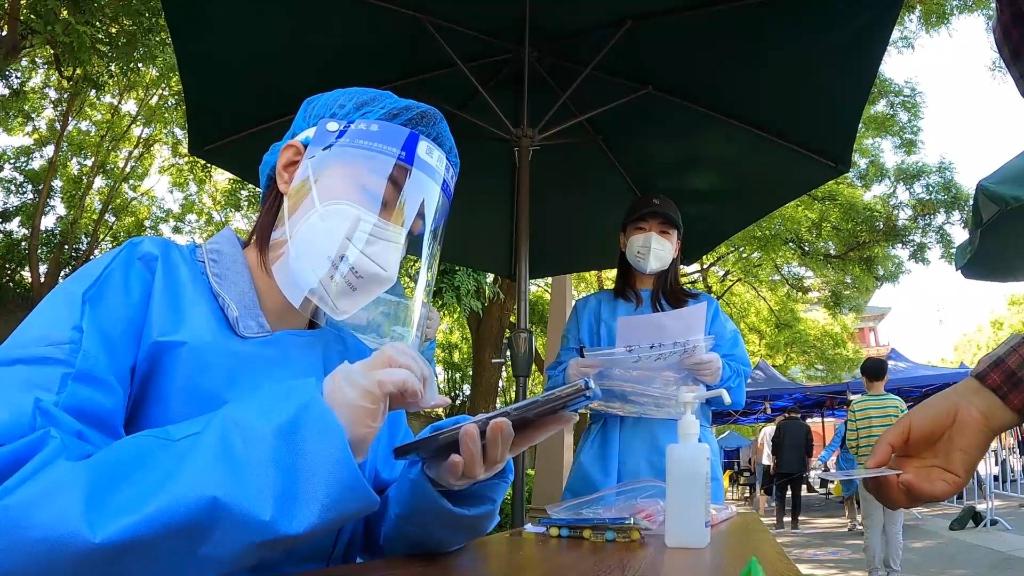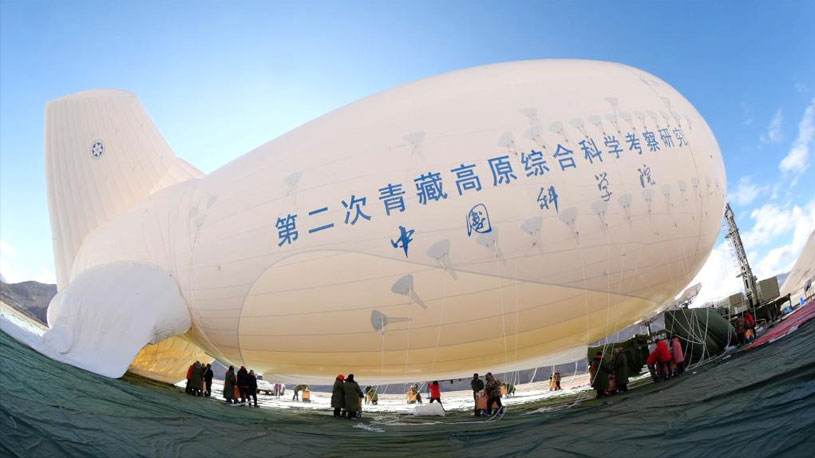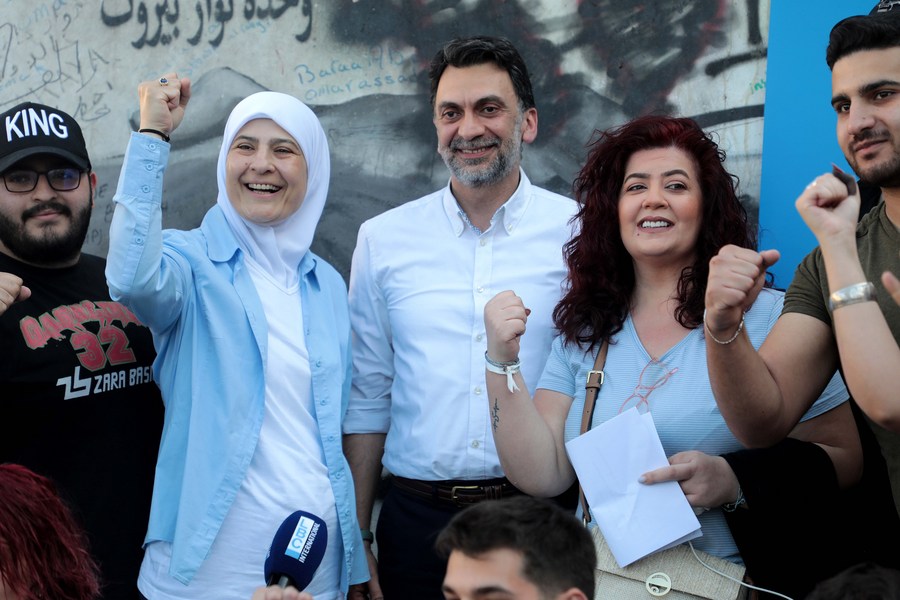
People celebrate the entry of their candidates to the parliament in downtown Beirut, Lebanon, on May 17, 2022. (Xinhua/Bilal Jawich)
The results of Lebanon's 2022 parliamentary elections have reflected the strong desire of the Lebanese people for political changes to lift Lebanon out of its worst financial meltdown in decades, Lebanese experts said.
by Dana Halawi
BEIRUT, May 18 (Xinhua) -- The results of Lebanon's 2022 parliamentary elections have reflected the strong desire of the Lebanese people for political changes to lift Lebanon out of its worst financial meltdown in decades, Lebanese experts said.
Final election results released on Tuesday showed that Hezbollah and its allies have lost the parliamentary majority as their seats combined are fewer than the 65 seats needed to secure a majority in the 128-seat parliament.
The Free Patriotic Movement, a major Hezbollah ally, is no longer the largest Christian parliamentary bloc in the country as it won 18 seats compared to its rival, the Lebanese Forces party, which won 20 seats.
"The results show that the mood of the Lebanese people changed to a great extent," Youssef Diab, a political analyst at the Lebanese University, told Xinhua.
Diab said the turnout reflected "people's loss of confidence in the ruling authorities who were blamed for plunging the country into financial and economic collapse."
The Lebanese people are also disappointed by the lack of a proper and transparent investigation into the deadly Beirut port explosions in 2020, which killed over 200 people and destroyed a big part of the capital city, Diab added.

People celebrate the entry of their candidates to the parliament in downtown Beirut, Lebanon, on May 17, 2022. (Xinhua/Bilal Jawich)
Lebanese political writer Assaad Bechara told Xinhua that the failure of some prominent figures in the elections "shows that the Oct. 17 revolution in 2019 was put off by using threats against protesters who were able to express their opinions in the ballot boxes."
This year's parliamentary elections were the first held since the economic meltdown and the 2019 protests against the ruling political class blamed for the deteriorating situation in the country.
Lebanon has been facing an unprecedented economic crisis that emerged about three years ago, plunging over 70 percent of the population into poverty and leaving a big hole in the financial system. The government revealed in March that the country's financial hole was expected to grow to 73 billion U.S. dollars.
"People have conveyed a message that the legitimacy of the ruling establishment has been more or less threatened," Makram Rabah, a lecturer in the Department of History at the American University of Beirut, told Xinhua.
He noted that "if the existing political leaders really want to invest in change and reforms, they have to talk and cooperate with opposition forces."
Rabah did not expect the work in the new parliament to go smoothly as rival political groups are likely to be locked in disagreement, thus blocking reforms.
Diab believed that Hezbollah is likely to get into confrontations in the parliament as it strives to secure a parliamentary bloc capable of protecting itself and its weapons.
For example, Hezbollah will have to face a great challenge from the Lebanese Forces party, Diab said.
Bechara echoed his views. "We will see a lot of confrontations in the new parliament, but I believe that different parties ... will agree on two main issues: the state's sovereignty and the need for complete reforms," he said. ■
